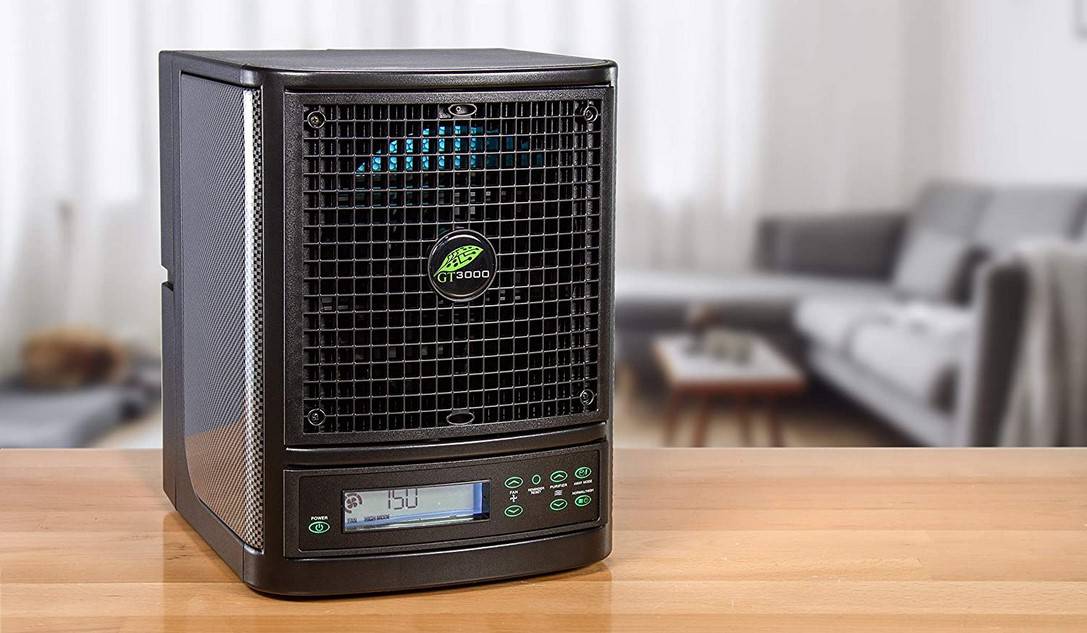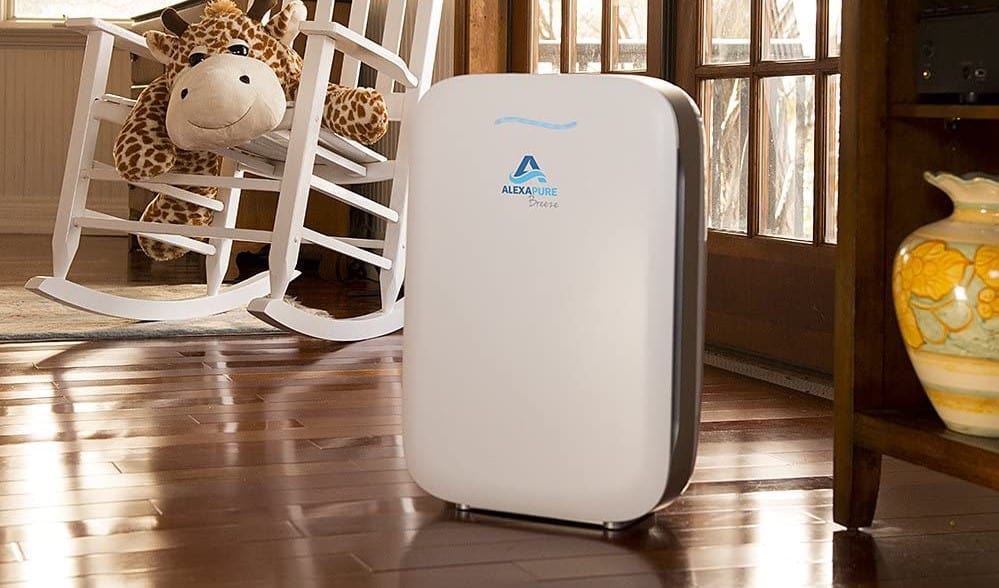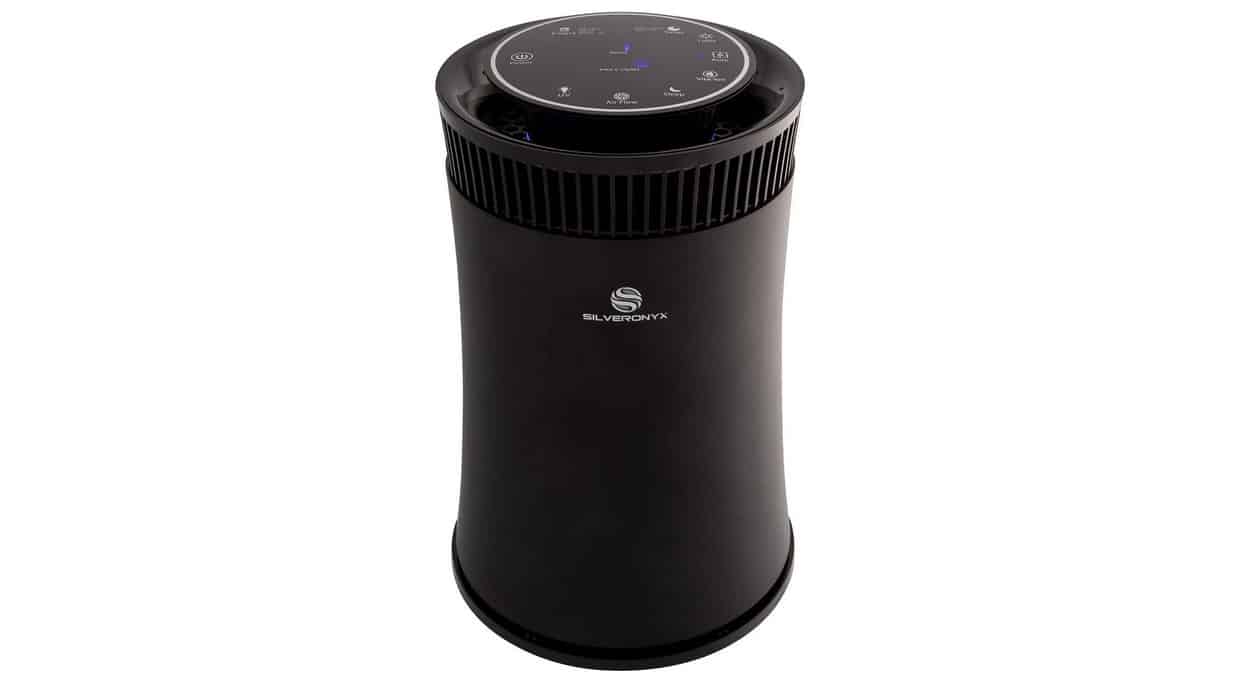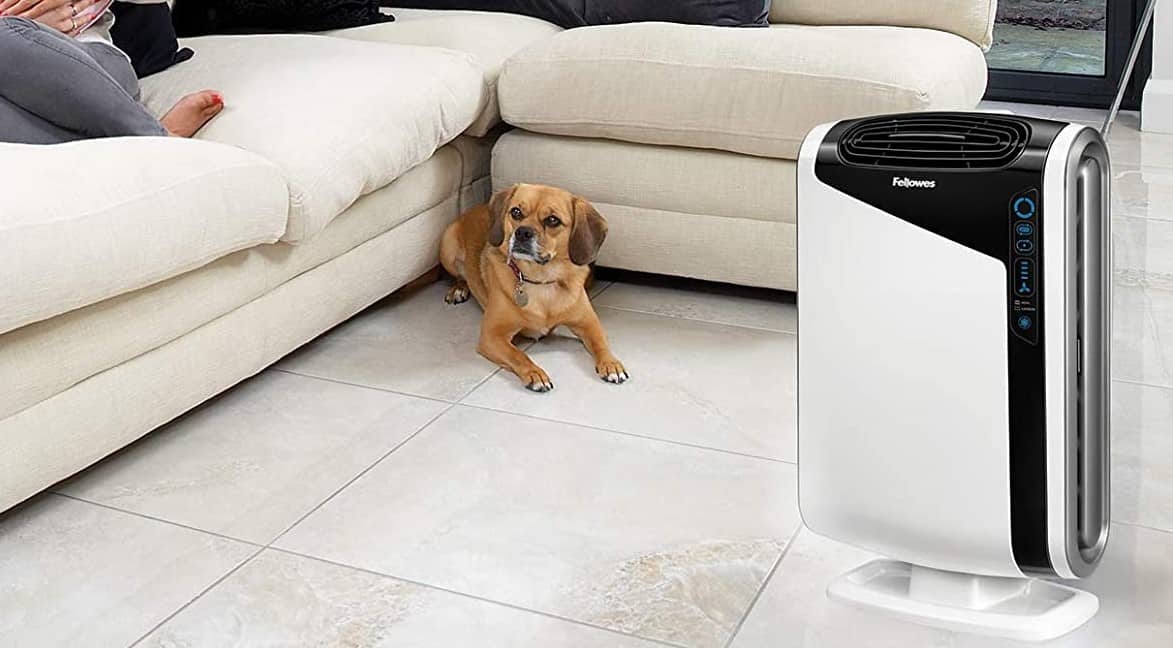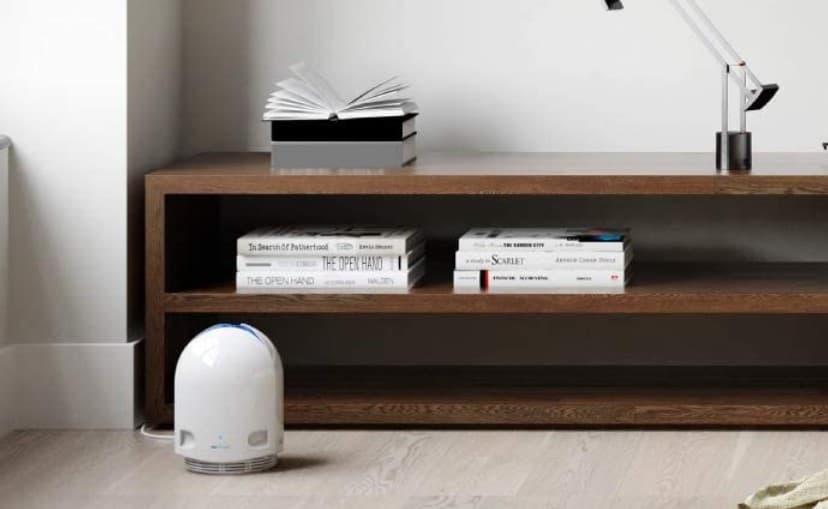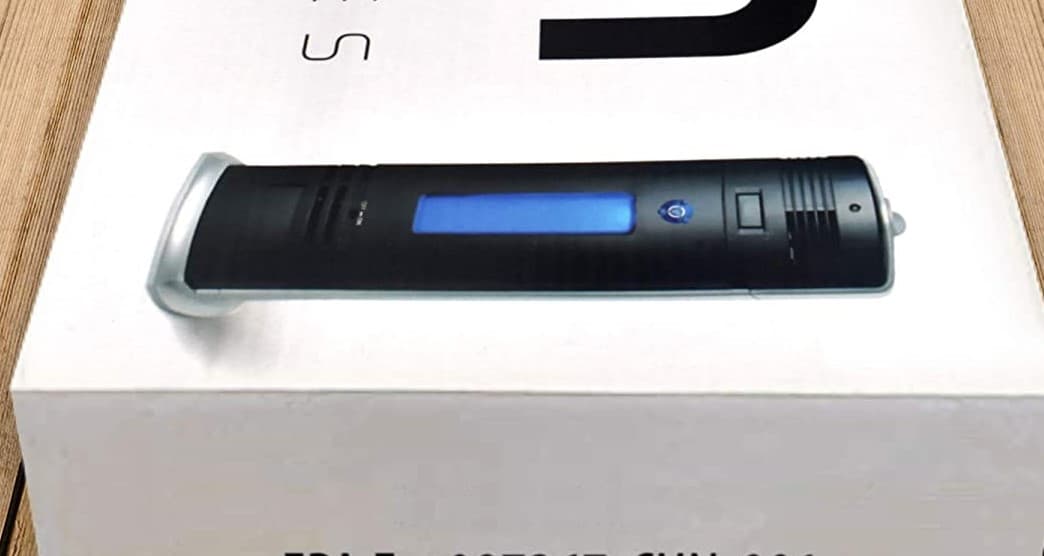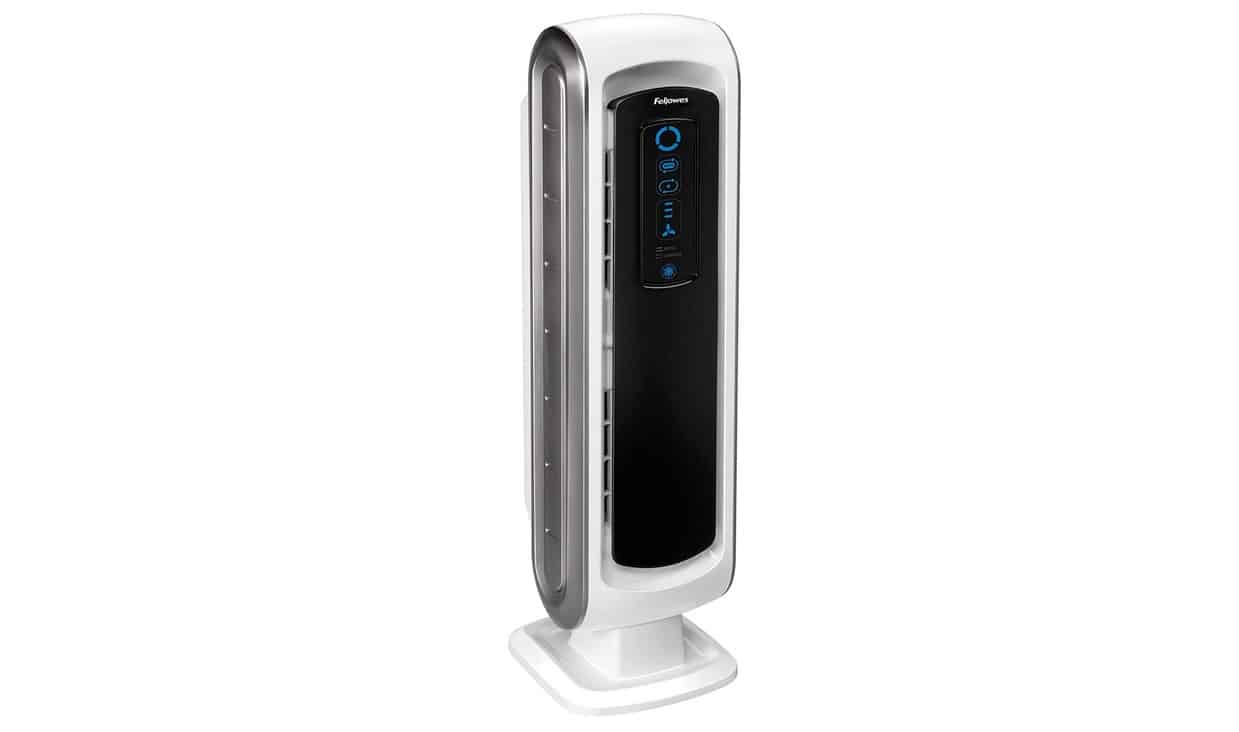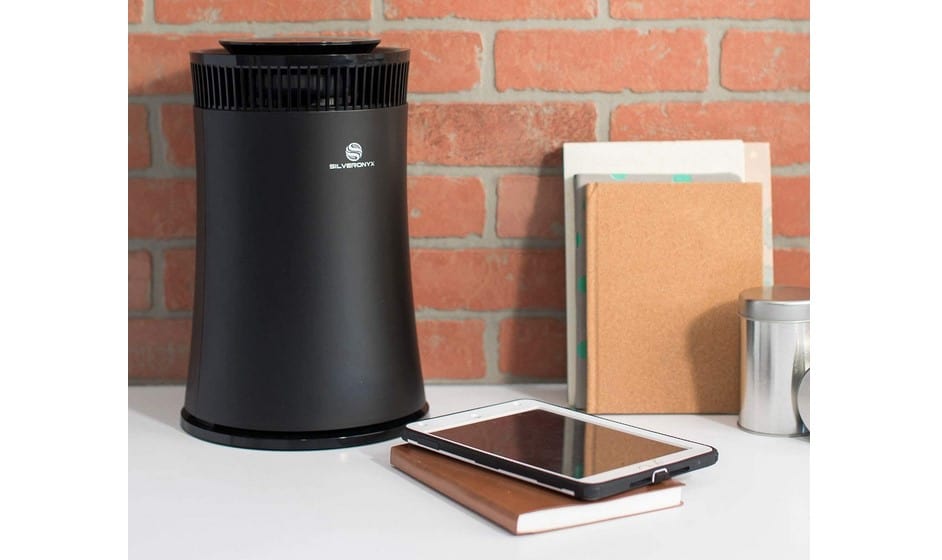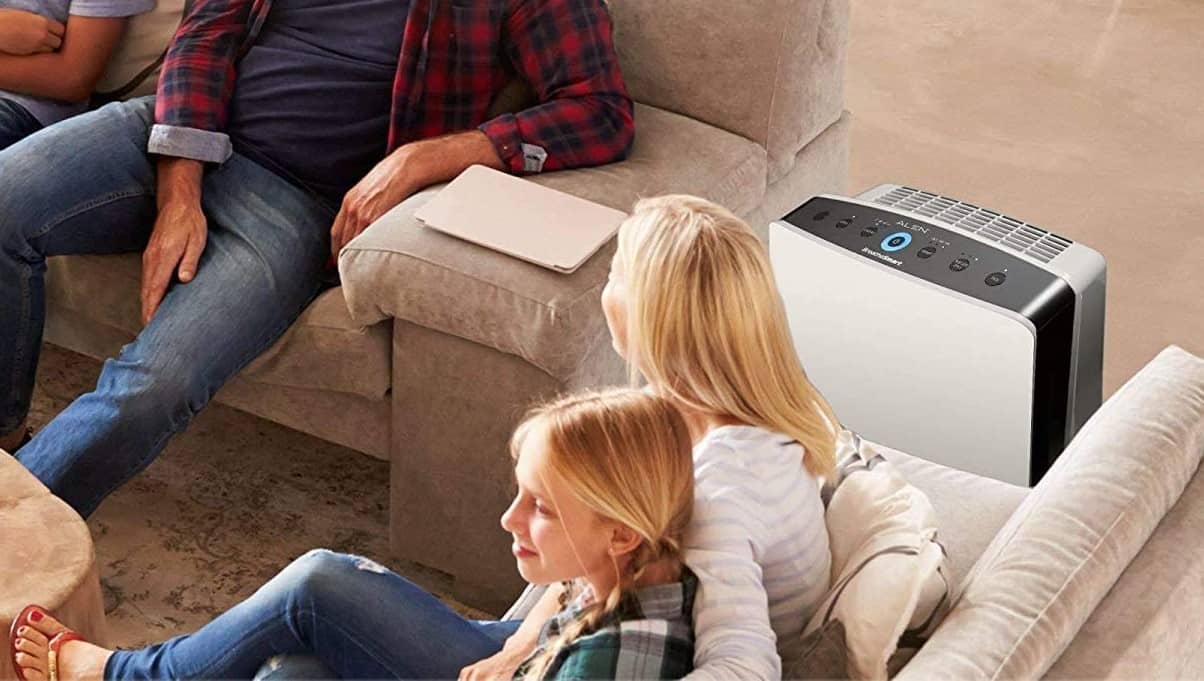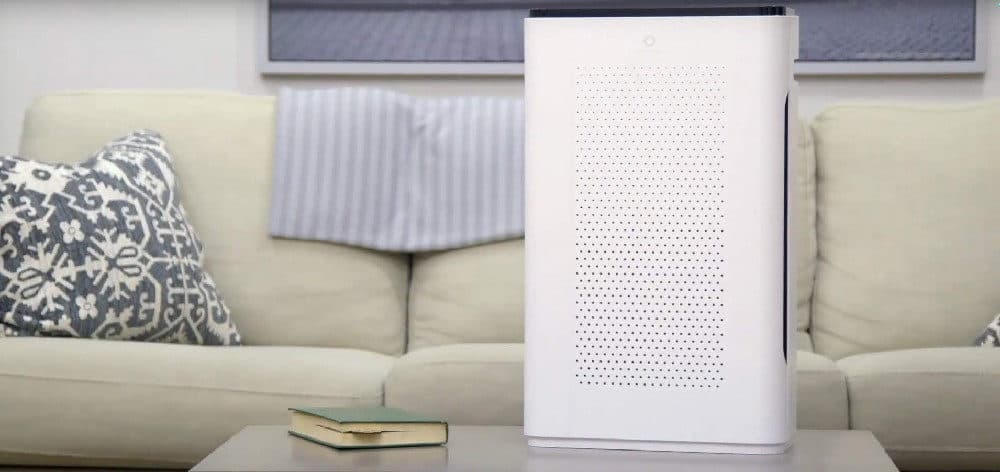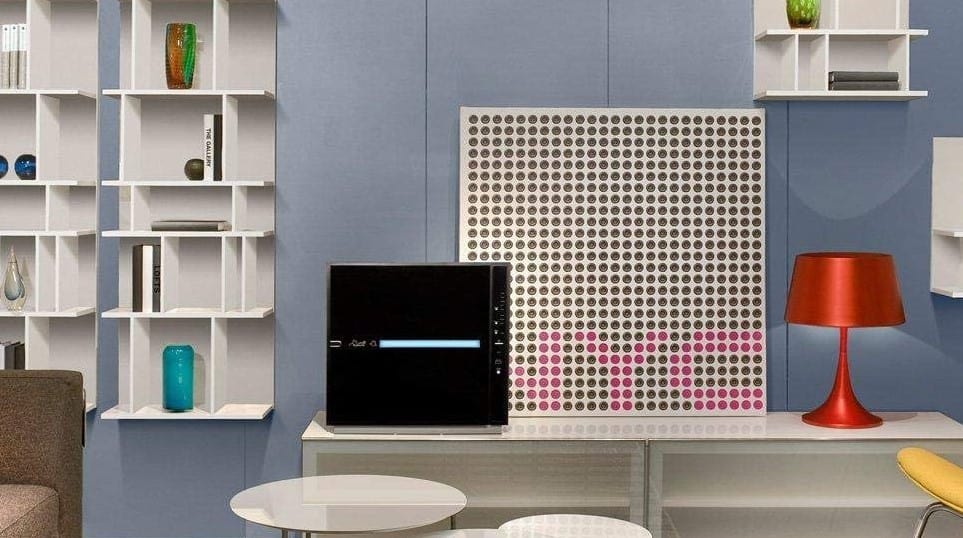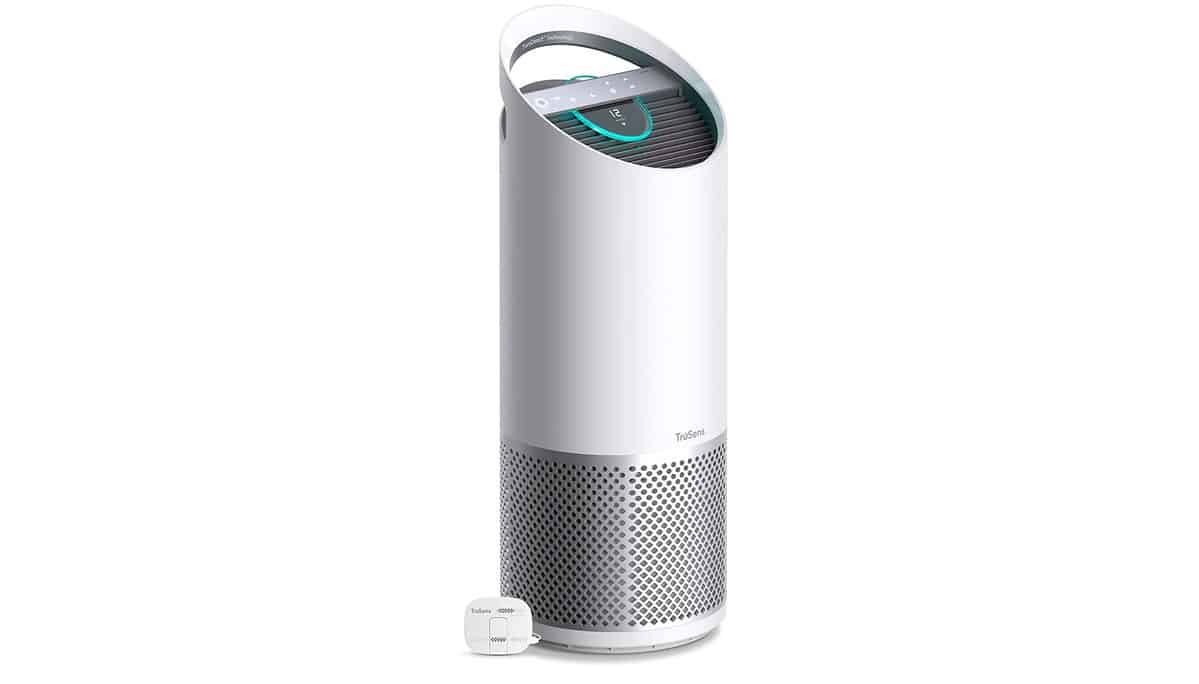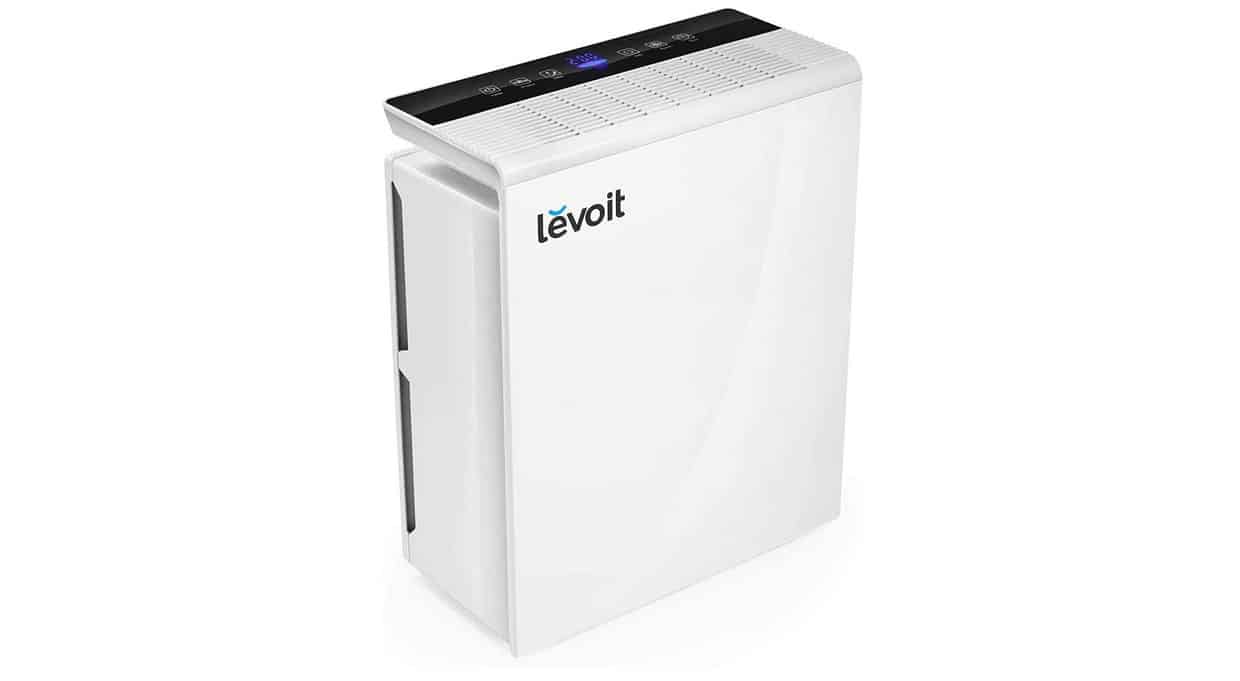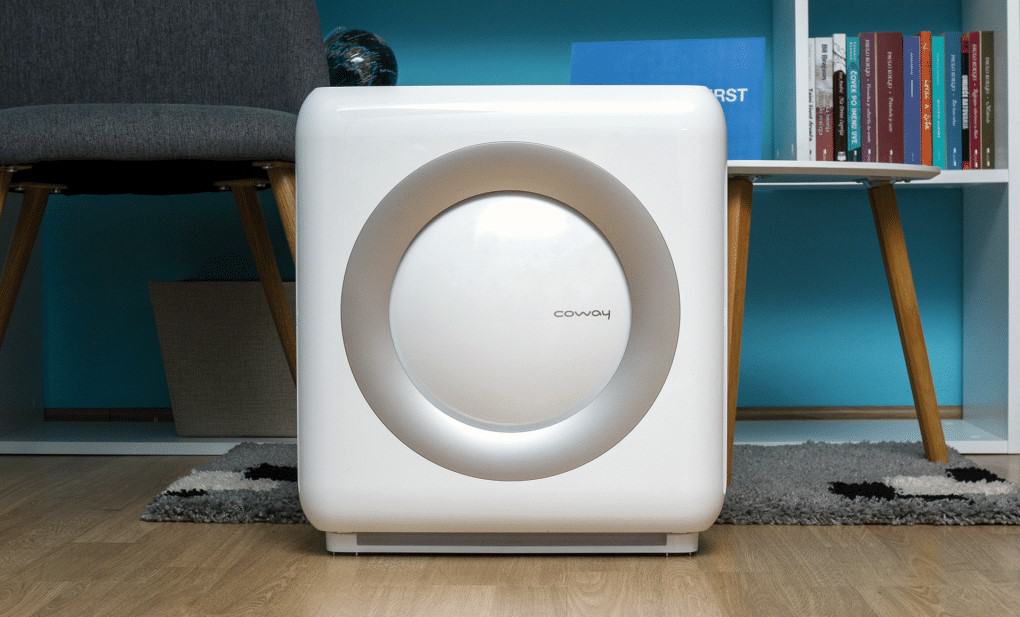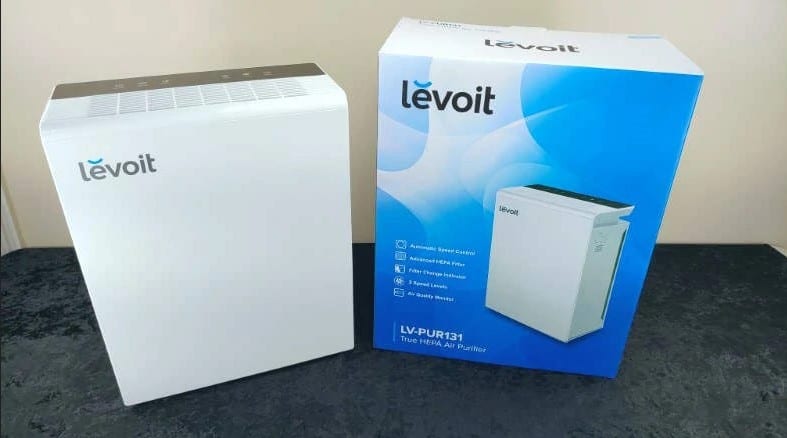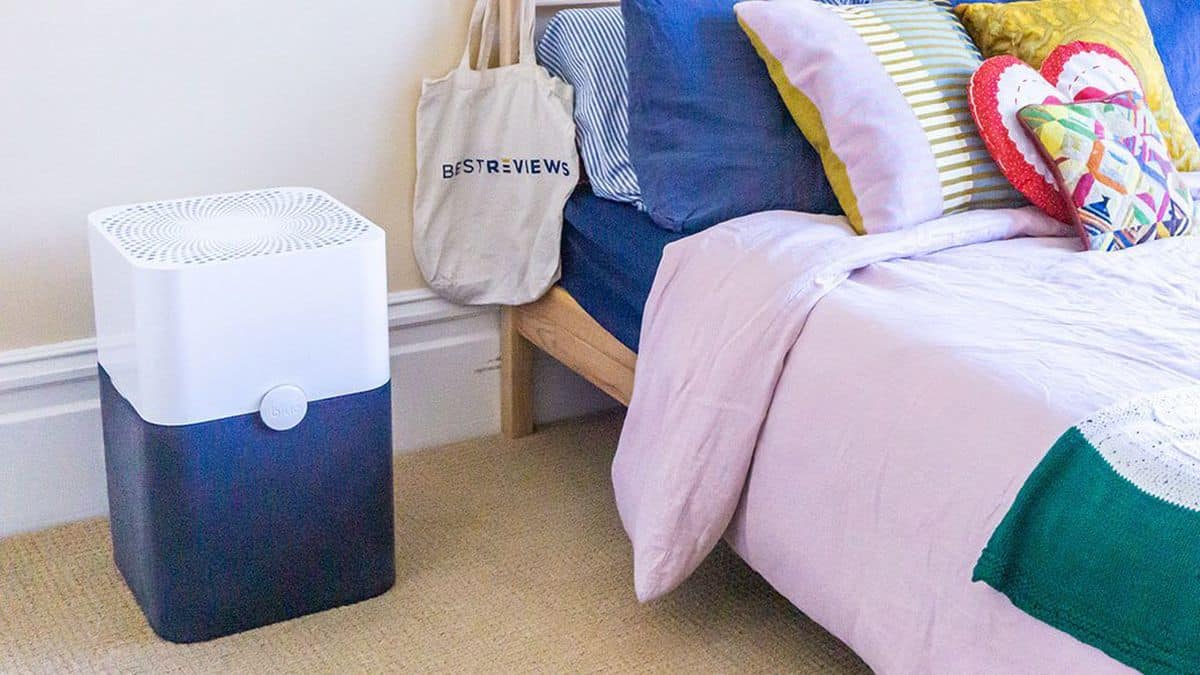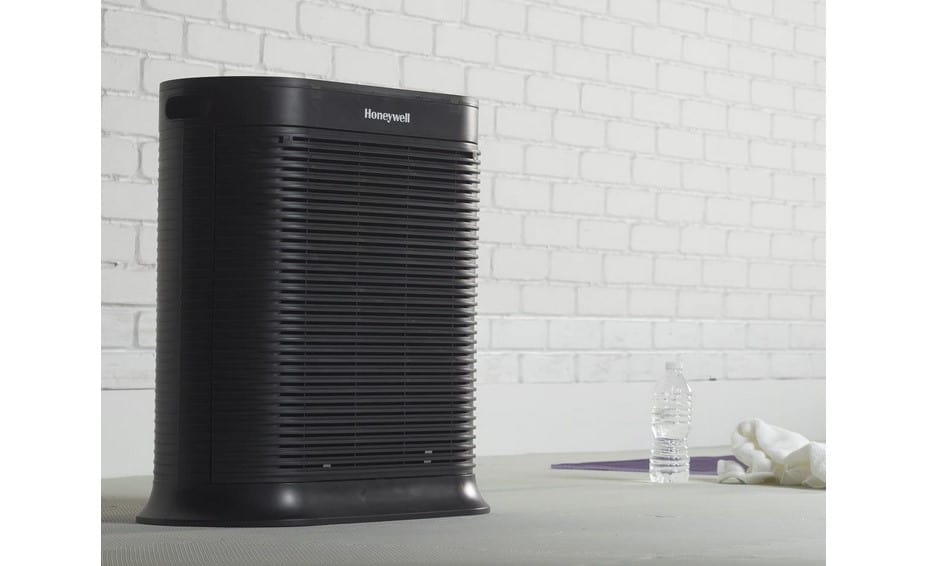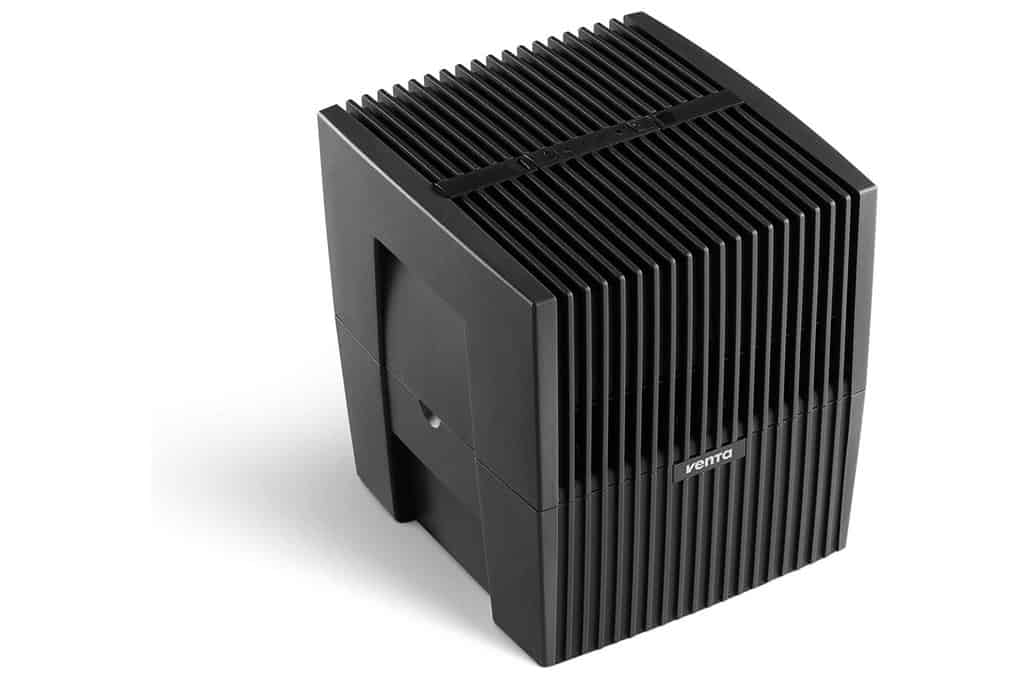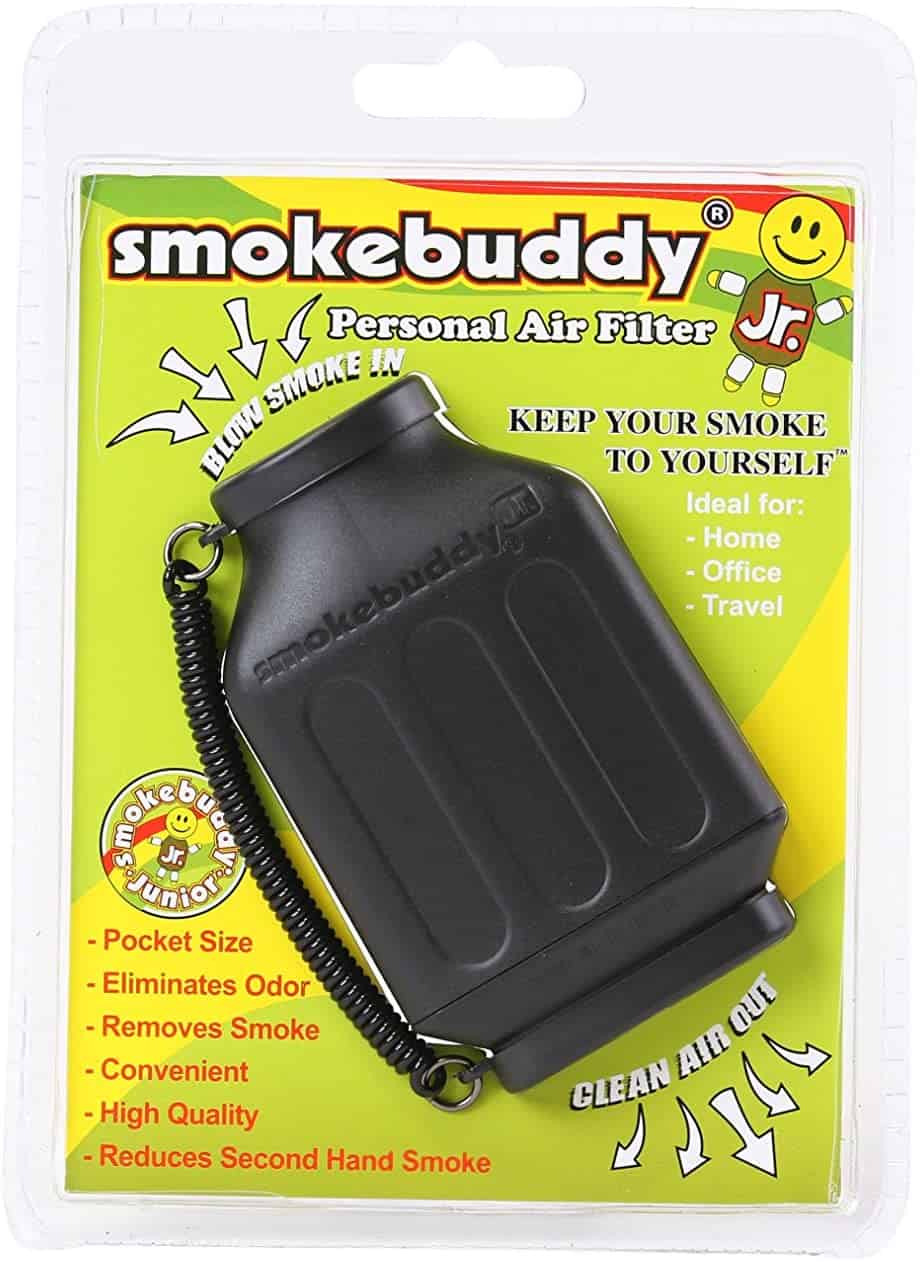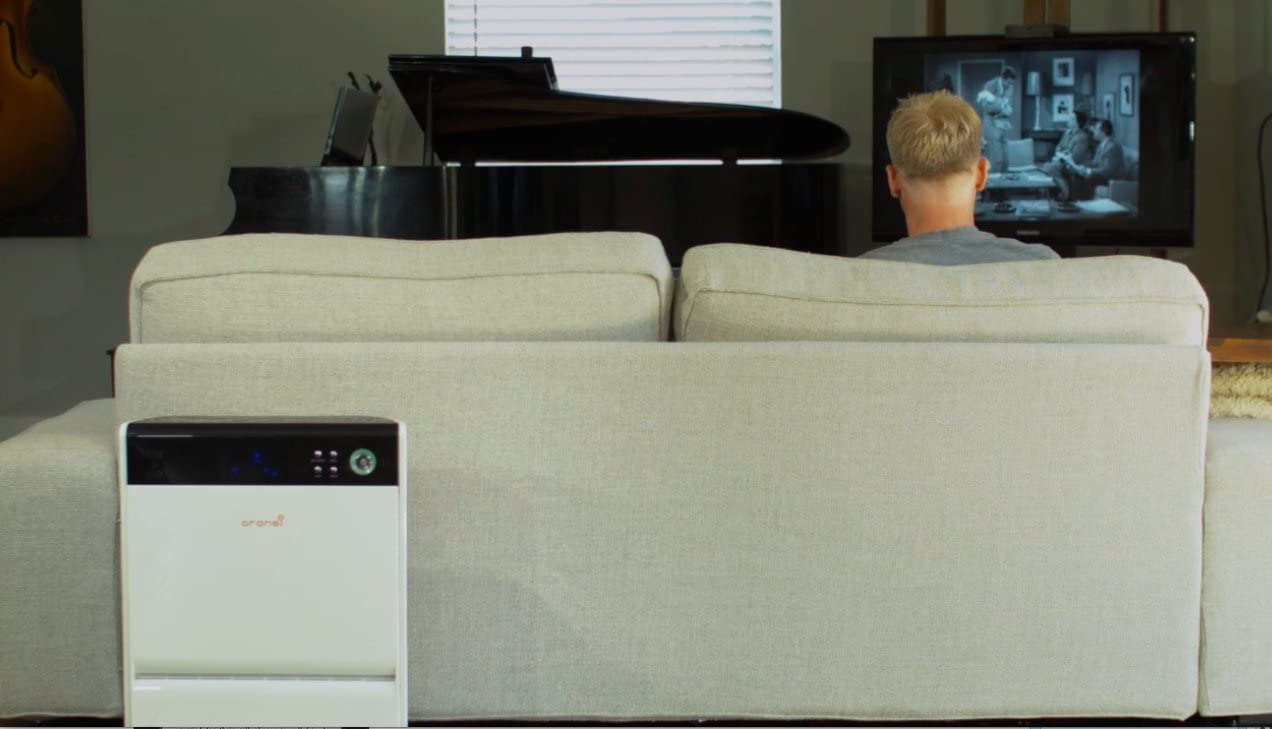There are numerous types of top-rated air purifiers out there, including UV air purifiers. If you have been shopping around, you may be wondering how a UV air purifier works and if they are worth it.
KEY TAKEAWAYS:
- UV air purifiers use high-powered ultraviolet rays to trap and destroy potentially harmful airborne particles.
- This tech is sometimes called UV germicidal irradiation, with models occasionally being referred to as UVGI air purifiers.
- These purifiers are especially good at removing airborne pathogens, such as bacteria particles and viruses.
What is a UV Air Purifier?
Most air purifiers, like the Vava air purifier, suck in the air from their surrounding area, run it through some filters, then spit it back out. This is not how UV air purifiers function. UV air purifiers use ultraviolet light to sanitize the air, similar to how UV rays are used to clean water and surfaces. How Does a UV Air Purifier Work?
For our other info articles, check out how to install a germicidal air purifier in an A/C duct, how a bipolar air purifier works, how long should you keep an air purifier on, and how to make a charcoal air purifier.
UV air purifiers use short-wave ultraviolet light beams (UV-C light) to diminish the active particles of airborne pathogens, microorganisms like mold, bacteria, viruses, and more. This tech is sometimes called UV germicidal irradiation, with models occasionally being referred to as UVGI air purifiers.
UV-C or UVGI air purifiers are generally sold as standalone units, though they can occasionally be found in residential HVAC units. These purifiers do suck in air in a similar way to other types of models, but that is where the similarities end. There is no included air filter and once the air is sucked in, it is blasted with UV rays.
Insider Tip
UV air purifiers use ultraviolet light to sanitize the air, similar to how UV rays are used to clean water and surfaces.
Are There Safety Concerns With Using a UV Air Purifier?
UV-C, UV, and UVGI air purifiers do create a fair amount of ozone as it goes about irradiating the atmosphere, which can be a safety concern. The ozone levels generated by these products are lower than what will be found with ozone-generating air purifiers and ionic air purifiers. In other words, they are generally considered to be safe.
What to Look for in a UV Air Purifier
Not all UV air purifiers are created equal. To ensure that you have the best experience during use, there are certain things you should look for while shopping.
UV-C Light Exposure Time
The longer airborne particles are exposed to germicidal UV-C light, the better end result you will have when it comes to the elimination of pathogens. Shoot for a dwell time of at least a half-second, though longer may be preferred.
UV-C Intensity and Wavelength
You should also check on the UV-C intensity and its overall wavelength. The optimal UV-C wavelength for germicidal irradiation (UVGI) is 254 nanometers.
Benefits of Using a UV Air Purifier
There are a number of benefits to choosing a UV air purifier as your main household unit or as a supplemental device.
Insider Tip
The ozone levels generated by these products are lower than what will be found with ozone-generating air purifiers and ionic air purifiers.
Great for Airborne Pathogens
UV air purifiers are a fantastic choice for eliminating airborne pathogens, which is why you will often see them in hospitals and other medical settings. These purifiers do not simply filter potentially harmful particles, like HEPA purifiers, but they go a step further to actually destroy these particles. Though they do release a bit of ozone during use, they can provide much-needed peace of mind for those wary of airborne pathogens. It’s important to note the costs for HEPA filter replacements and know how long HEPA filters last.
Eliminates Certain Nasty Smells
UV air purifiers are great for the removal of certain offensive odors, such as mold and mildew. This is because these air purifiers essentially kill any airborne odor particles that mold and mildew produce. They will not be as effective at eliminating other aromas, however, such as smoke and food-based smells. Still, the smells of mold and mildew can really ruin a home’s peaceful atmosphere, so they can certainly be a benefit to most consumers. If you need an air purifier with a better aesthetic for your home, you might also consider the Himalayan salt air purifier.
Reduced Volatile Organic Compounds
Some of the nastiest airborne particles floating around your home would have to be volatile organic compounds, otherwise known as VOCs. These compounds are released by chemical-based cleaning agents, paints, and a variety of other household materials. These compounds can also be extremely small, making them hard to catch by standard HEPA air purifiers. UV purifiers, on the other hand, generally perform well when it comes to identifying and destroying VOCs.
Warning
UV-C, UV, and UVGI air purifiers do create a fair amount of ozone as it goes about irradiating the atmosphere, which can be a safety concern.
F.A.Q.
What are the differences between a UV air purifier and a HEPA air purifier with UV light?
Some HEPA-based air purifiers will include a UV light, which seeks to mimic the process behind UV-C air purifiers. The efficacy will depend on the make and model, though HEPA purifiers with an included UV light tend to be less effective than dedicated UV purifiers.
What are air purifiers supposed to filter out and do they actually do it?
Air purifiers are supposed to filter out smoke, allergens, mold, mildew, airborne pathogens, and more. As to their efficacy, it will depend on the make and model, though there are many high-grade purifiers out there.
Can air purifiers filter the outdoor air that enters your home?
In theory, yes. In practice, it depends on the power of your purifier. The outside contains a lot of air and it can simply be too much for most purifiers to handle. In other words, keep your windows and doors closed while operating an air purifier.
STAT: UV light air purifiers are sought after for homeowners that suffer from frequent illness, or homes that have common mold and or odor problems, since a UV light system can eradicate 80% or more of these from the air. (source)

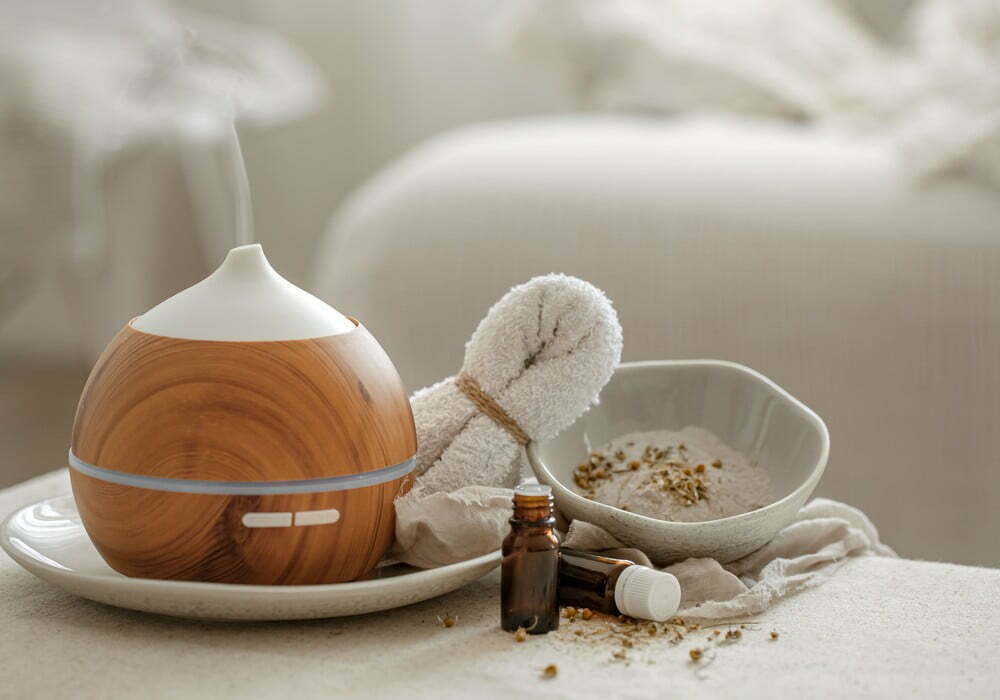













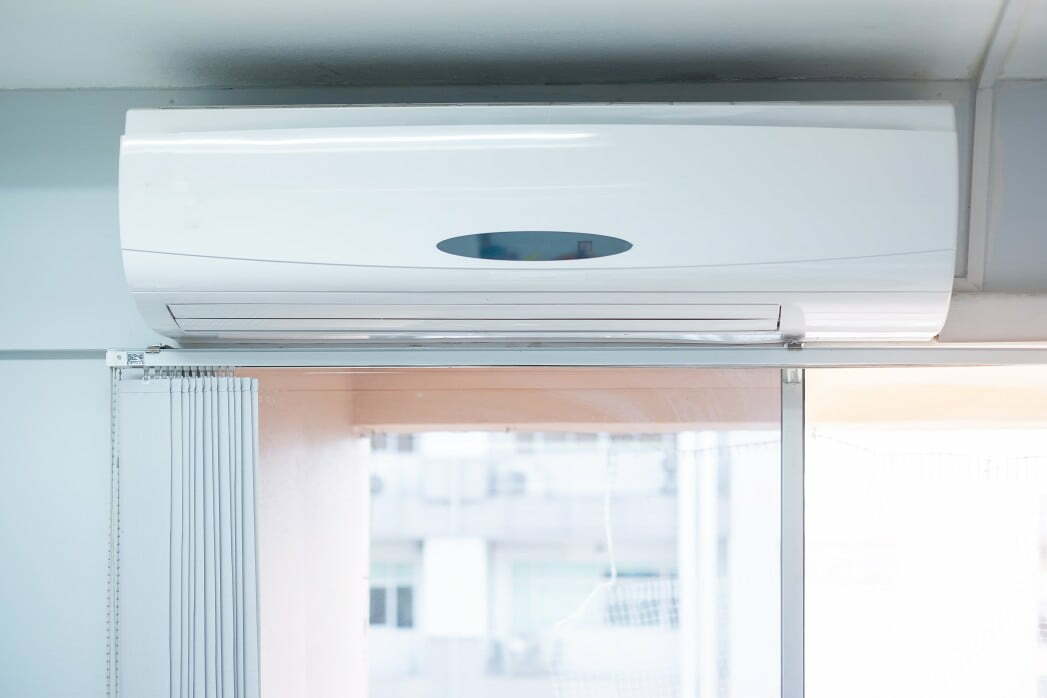
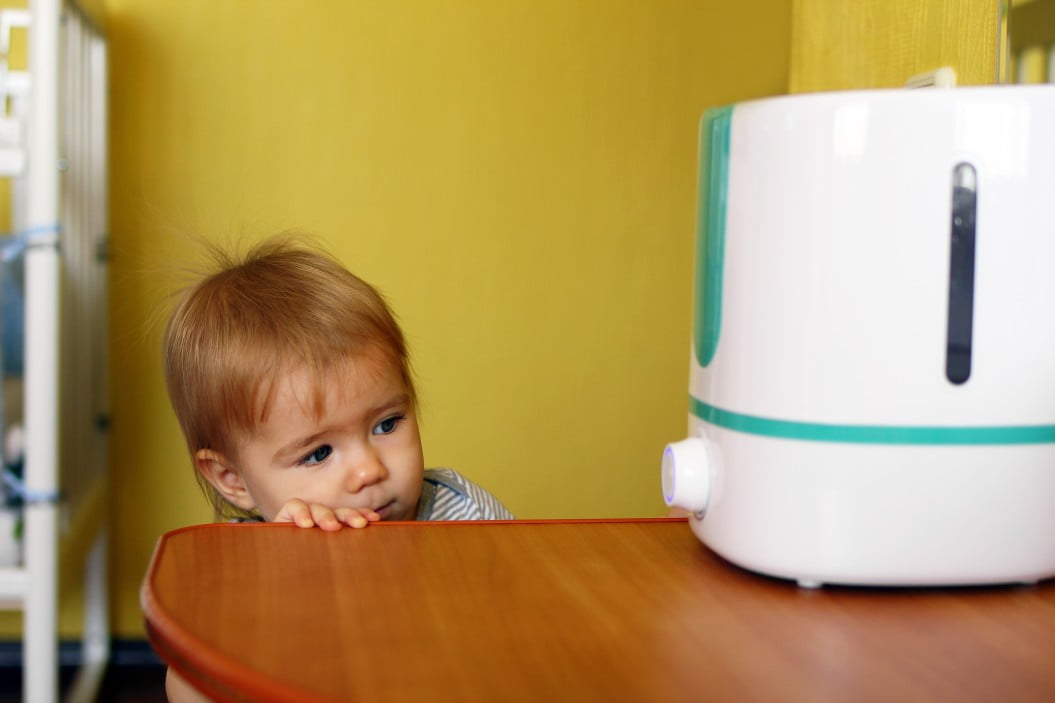
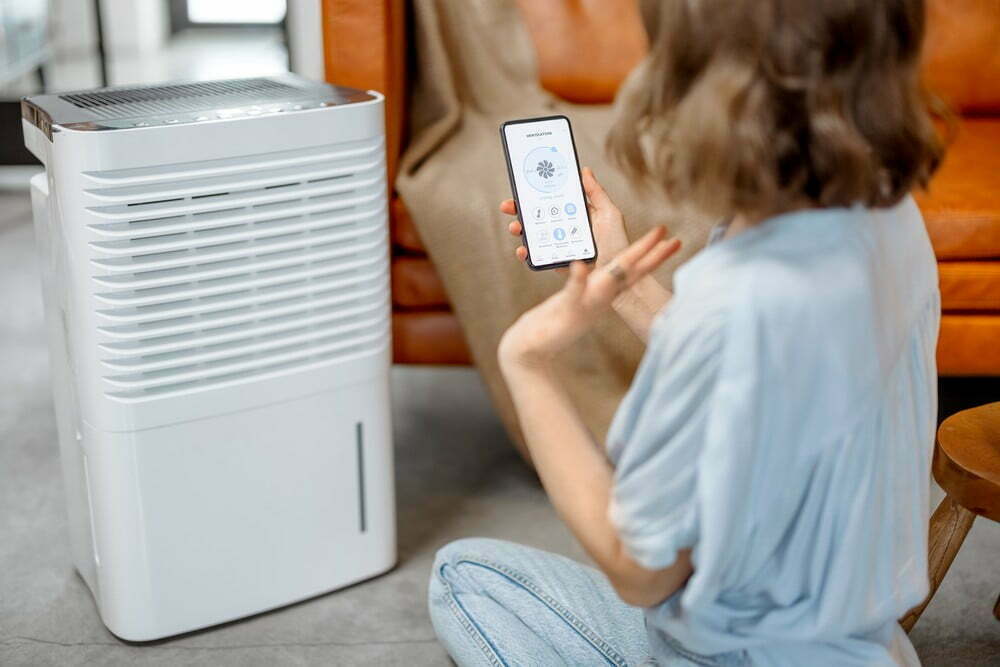
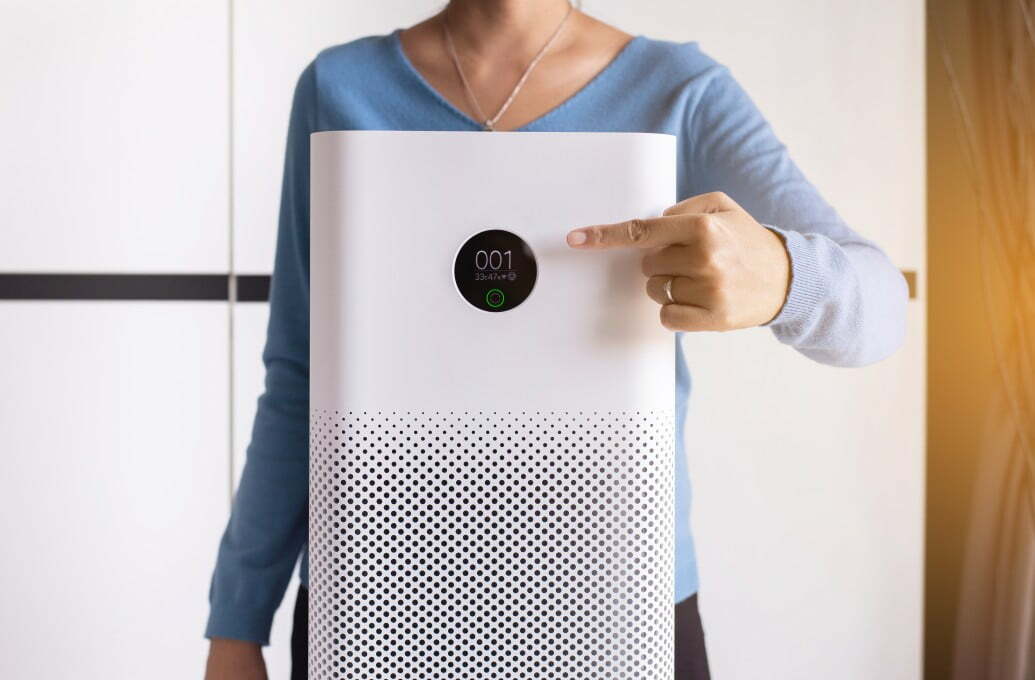
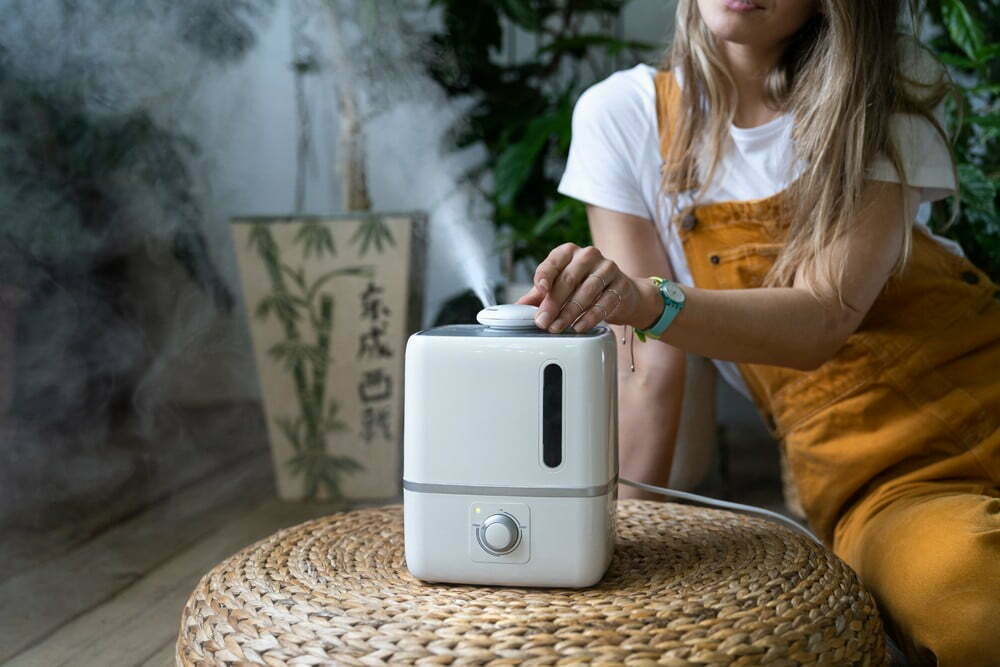
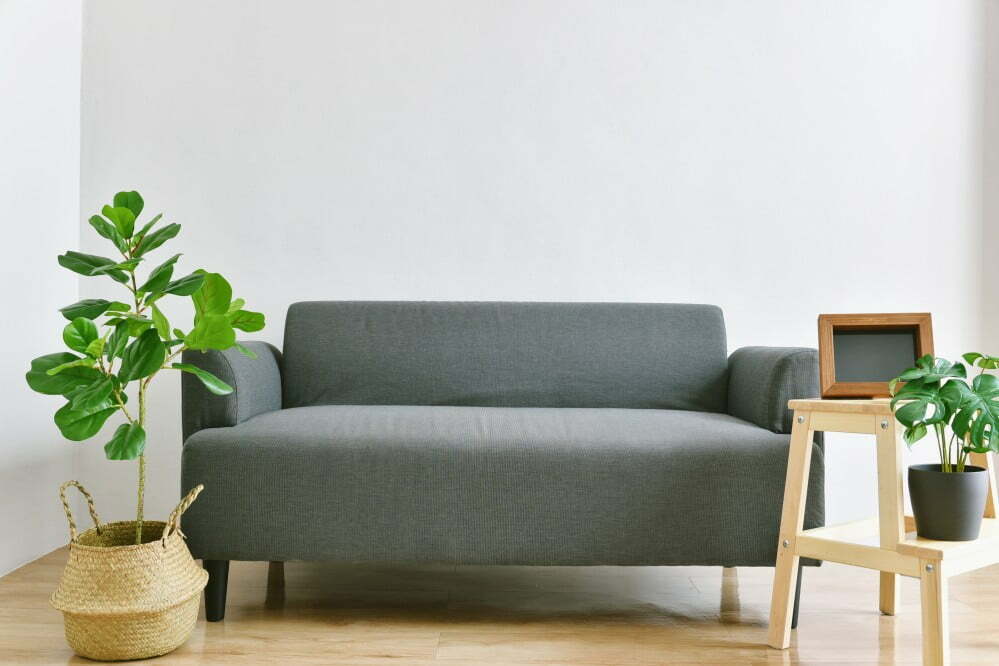

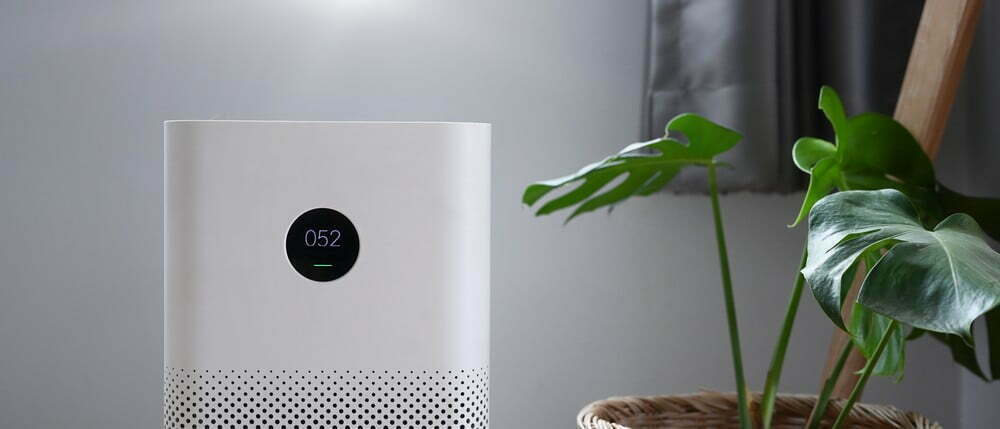
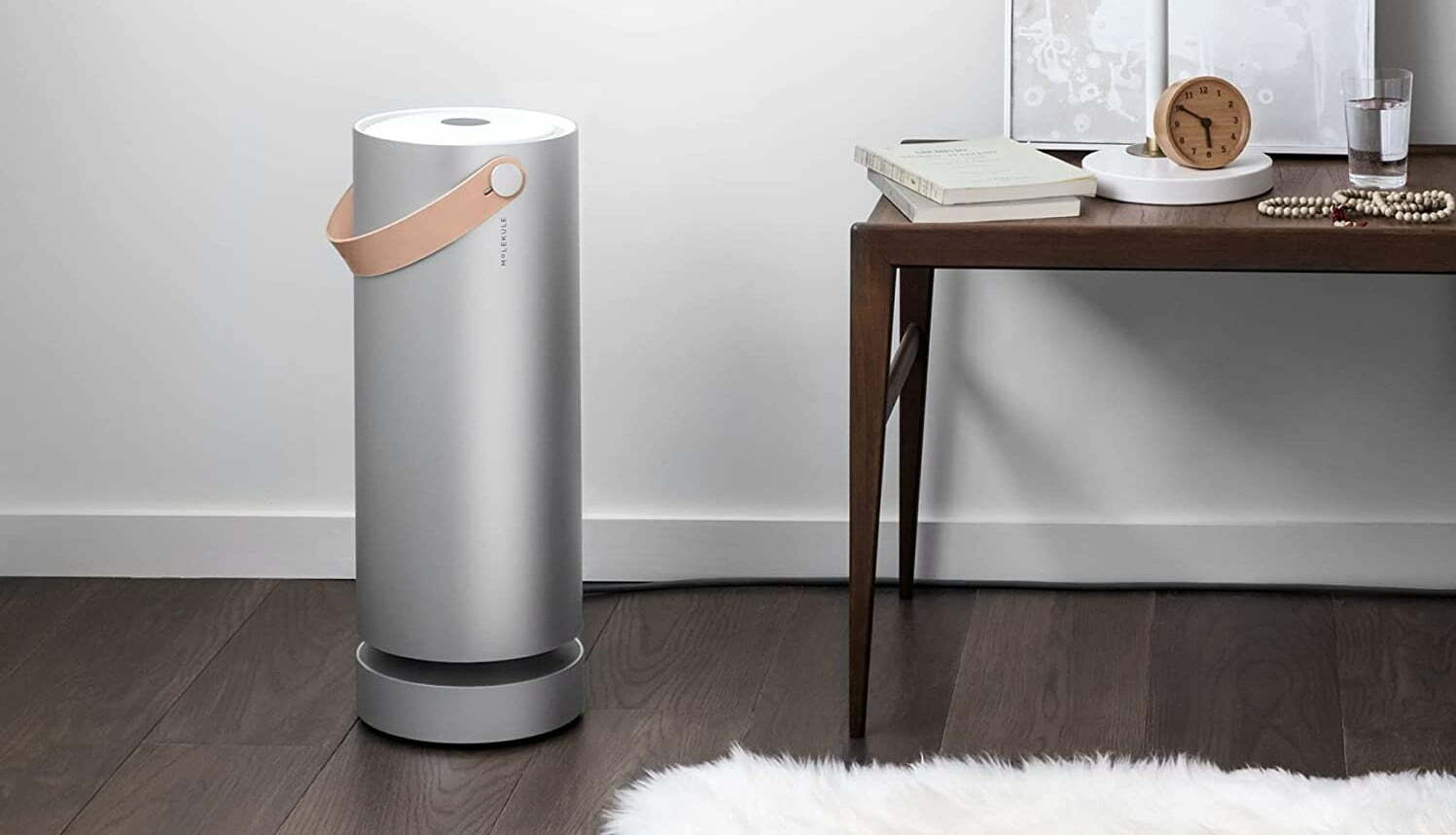
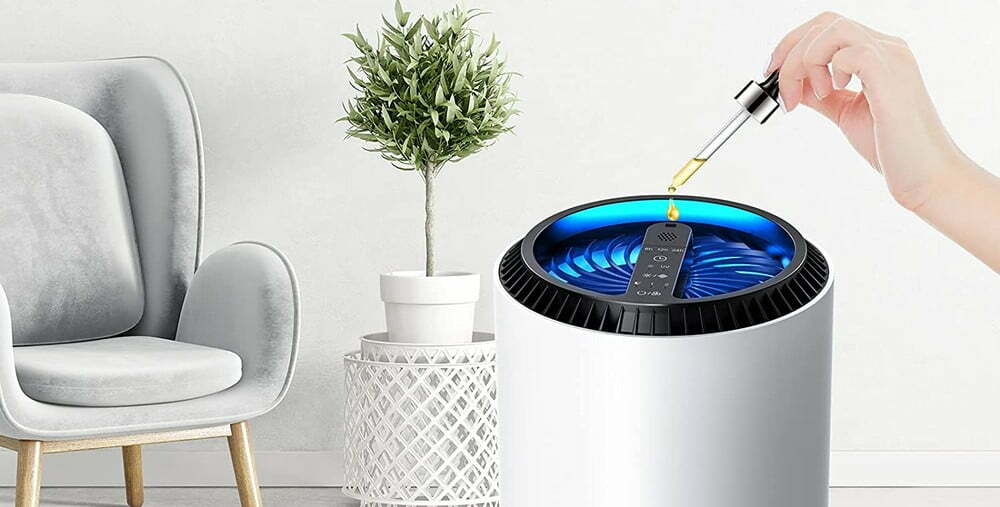
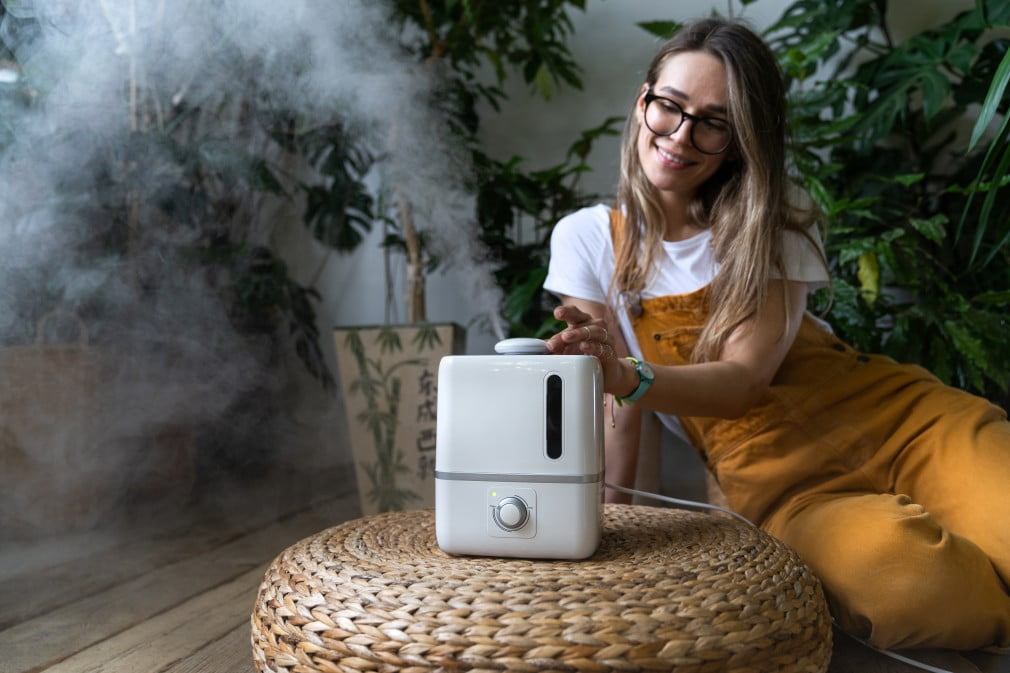
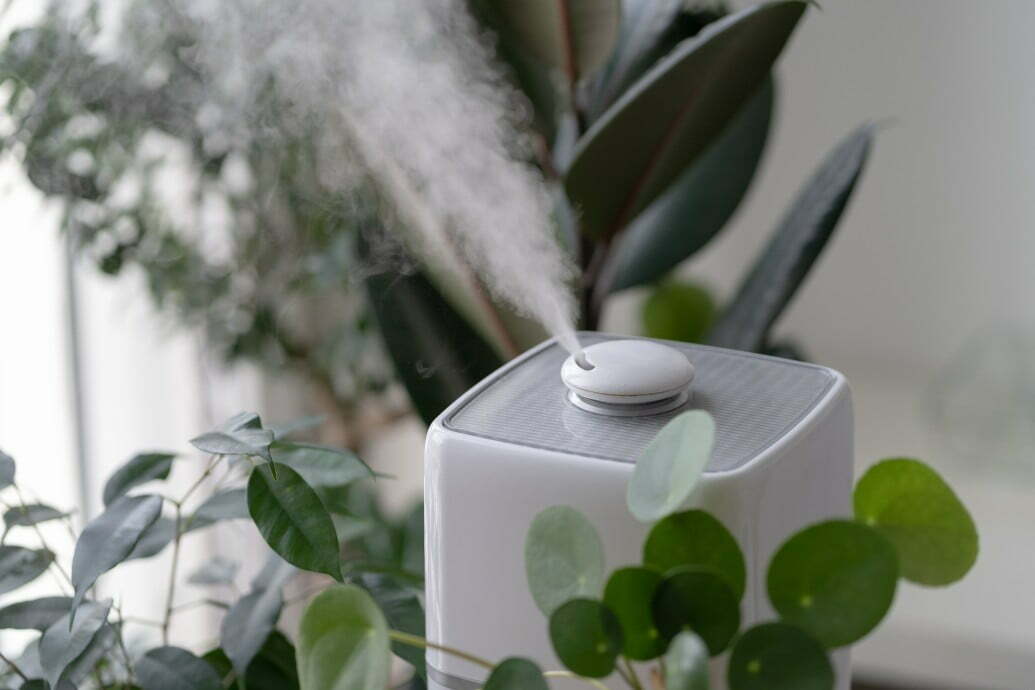
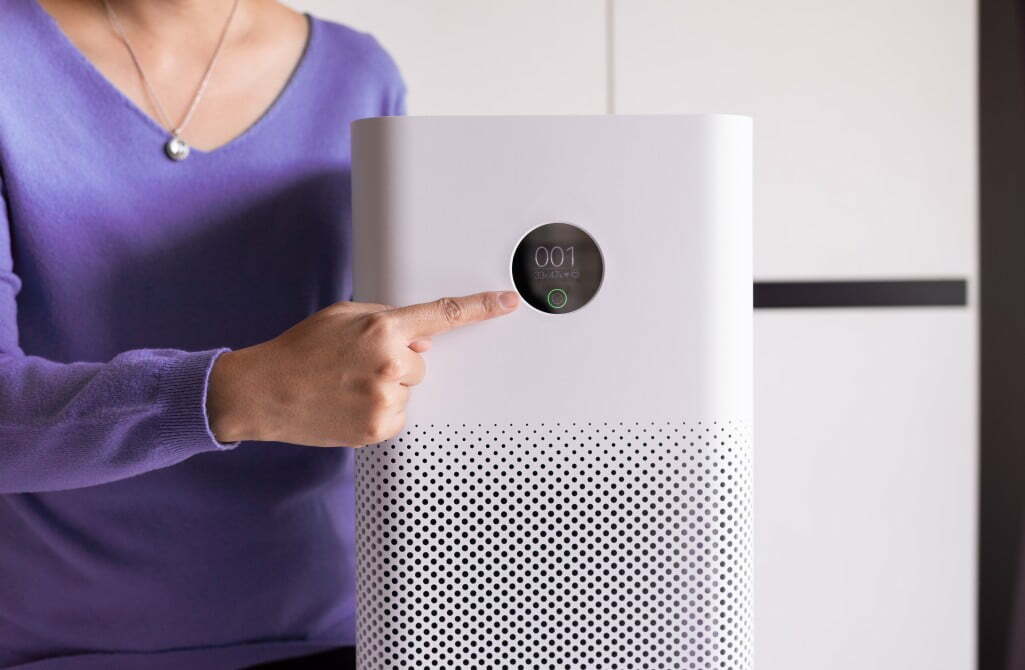
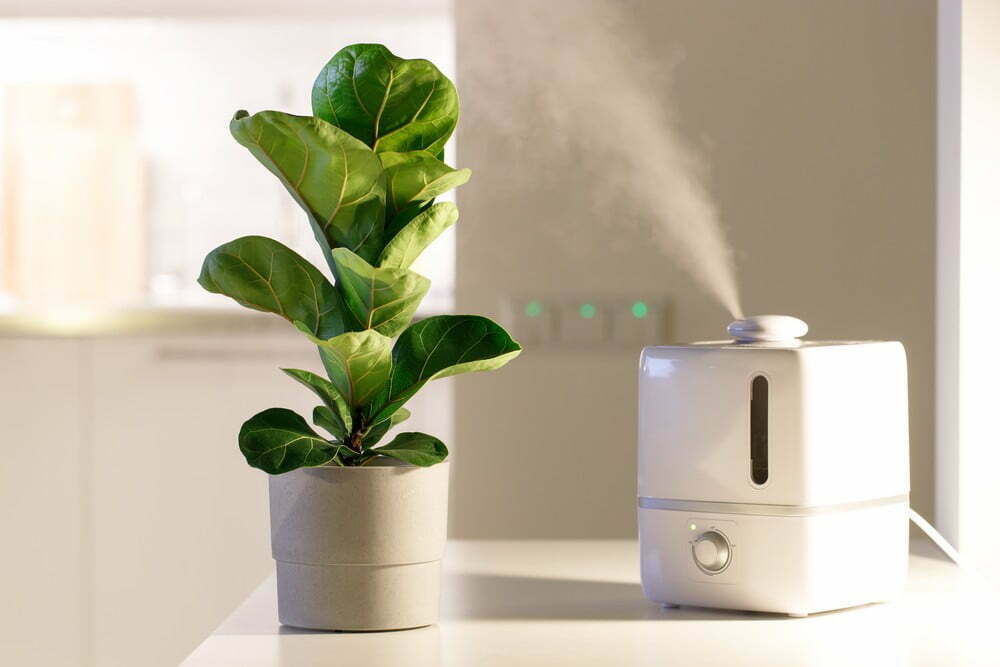
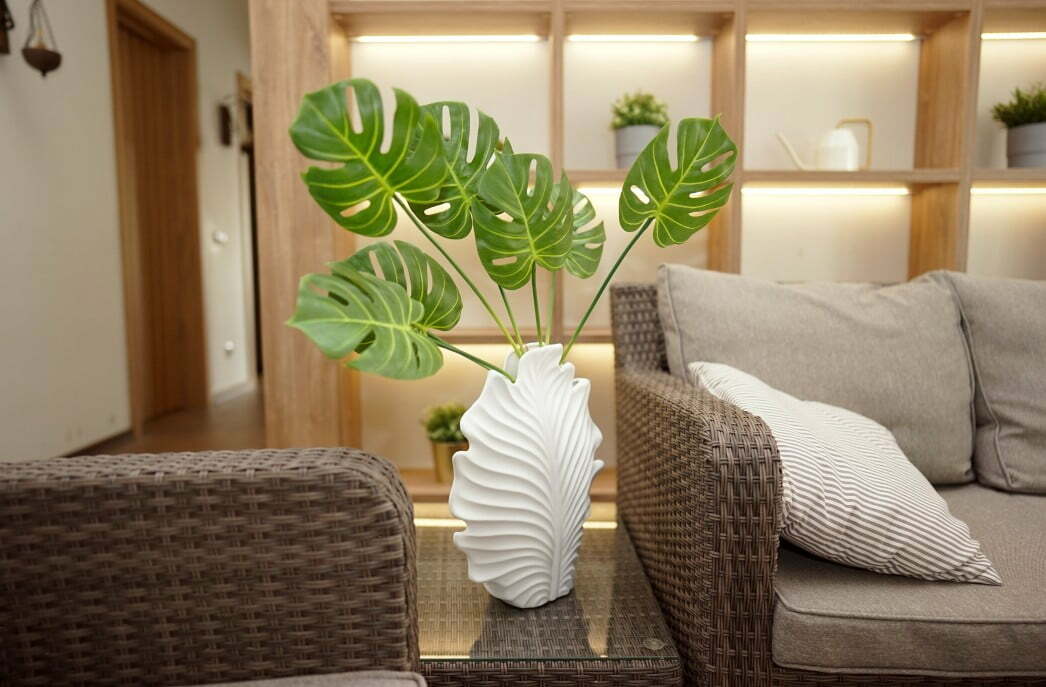
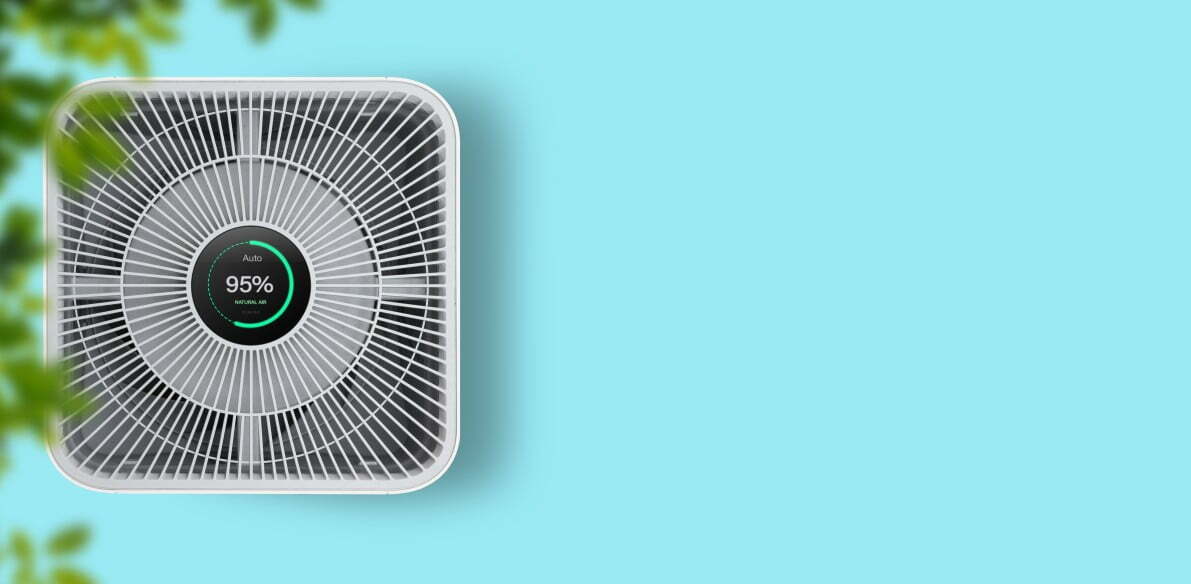
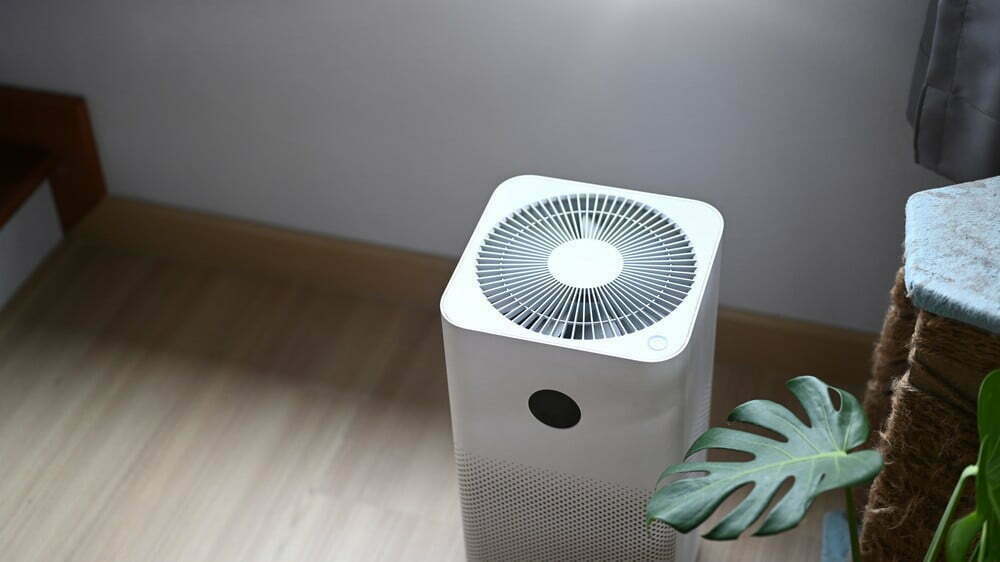
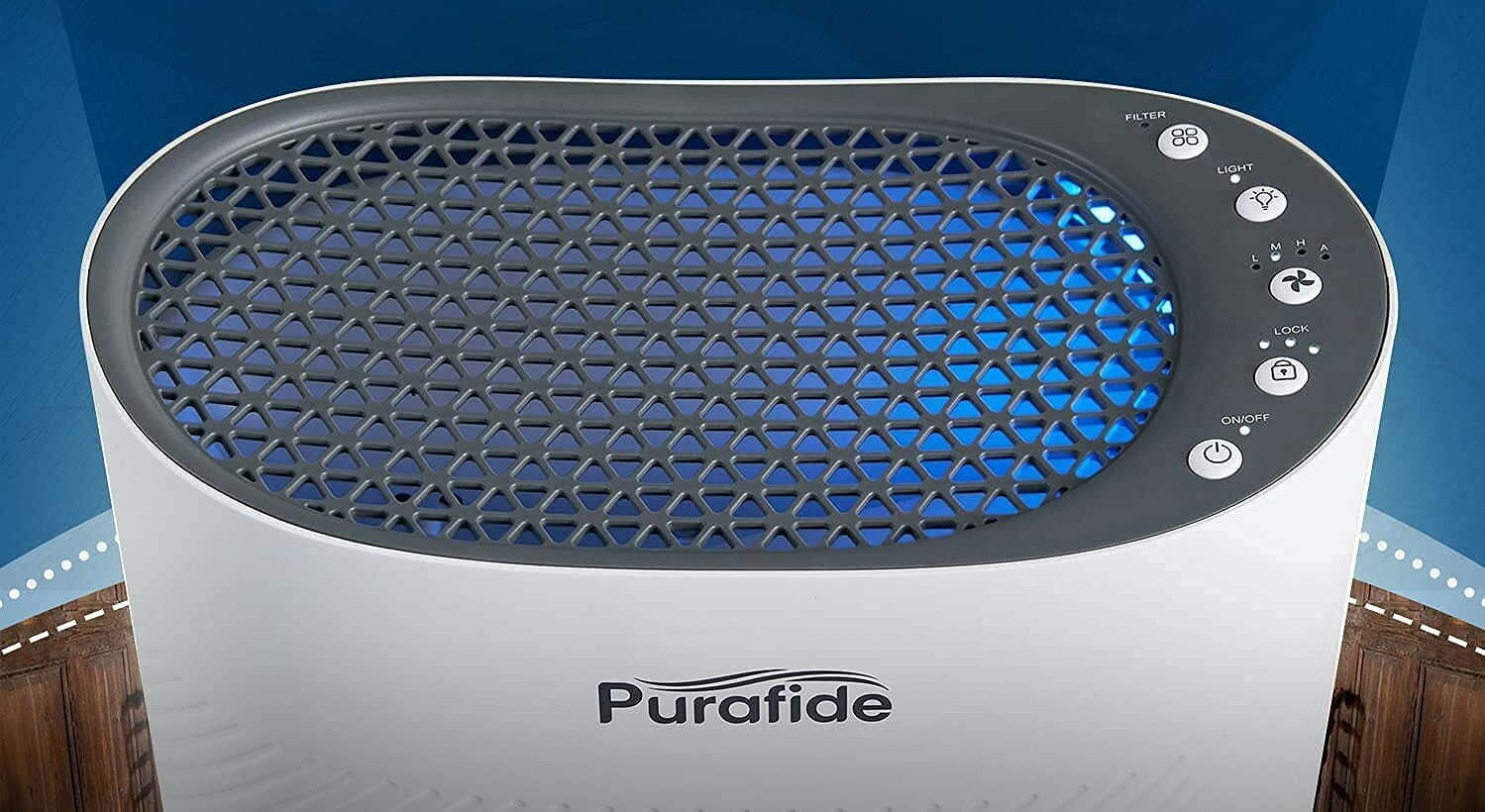
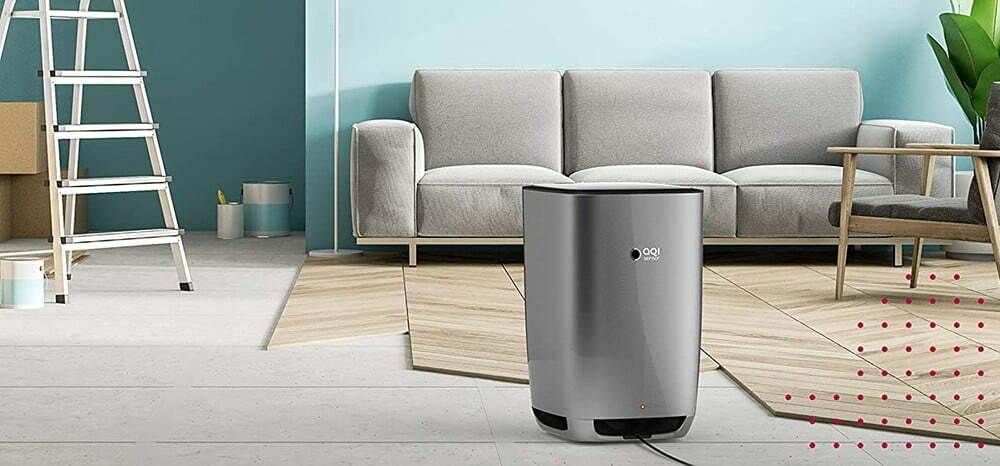
![Best Air Purifiers for VOCs and Formaldehyde in [year] 27 Best Air Purifiers for VOCs and Formaldehyde in 2026](https://www.gadgetreview.dev/wp-content/uploads/best-air-purifier-for-vocs-and-formaldehyde-image.jpg)
![Best Air Purifier in [year] ([month] Reviews) 28 Best Air Purifier in 2026 (January Reviews)](https://www.gadgetreview.dev/wp-content/uploads/Honeywell-True-HEPA-Allergen-Remover-HPA300-e1475603569442.jpg)
![Best Air Purifiers for Dust in [year] 29 Best Air Purifiers for Dust in 2026](https://www.gadgetreview.dev/wp-content/uploads/best-air-purifier-for-dust-image.jpg)
![Best Honeywell Air Purifiers in [year] 30 Best Honeywell Air Purifiers in 2026](https://www.gadgetreview.dev/wp-content/uploads/best-honeywell-air-purifier-image.jpg)
![Best Germicidal Air Purifiers in [year] 31 Best Germicidal Air Purifiers in 2026](https://www.gadgetreview.dev/wp-content/uploads/best-germicidal-air-purifier-image.jpg)
![Best Filterless Air Purifiers in [year] 32 Best Filterless Air Purifiers in 2026](https://www.gadgetreview.dev/wp-content/uploads/best-filterless-air-purifier-image.jpg)
![Best Levoit Air Purifiers in [year] 33 Best Levoit Air Purifiers in 2026](https://www.gadgetreview.dev/wp-content/uploads/best-levoit-air-purifier-image.jpg)
![Best Air Purifiers for Smoking Weed in [year] 34 Best Air Purifiers for Smoking Weed in 2026](https://www.gadgetreview.dev/wp-content/uploads/best-air-purifier-for-smoking-weed-image.jpg)
![Best Quiet Air Purifiers in [year] 35 Best Quiet Air Purifiers in 2026](https://www.gadgetreview.dev/wp-content/uploads/best-quiet-air-purifier-image.jpg)
![Best Desktop Air Purifiers in [year] 36 Best Desktop Air Purifiers in 2026](https://www.gadgetreview.dev/wp-content/uploads/best-desktop-air-purifier.jpg)
![Best Dyson Air Purifiers in [year] 37 Best Dyson Air Purifiers in 2026](https://www.gadgetreview.dev/wp-content/uploads/best-dyson-air-purifier.jpg)
![Best Air Purifiers for Dorm Room in [year] 38 Best Air Purifiers for Dorm Room in 2026](https://www.gadgetreview.dev/wp-content/uploads/air-purifier-for-dorm-room-1.jpg)
![Best Air Purifiers for Office in [year] 39 Best Air Purifiers for Office in 2026](https://www.gadgetreview.dev/wp-content/uploads/best-air-purifier-for-office.jpg)
![Best Air Purifiers for Basement in [year] 40 Best Air Purifiers for Basement in 2026](https://www.gadgetreview.dev/wp-content/uploads/best-air-purifier-for-basement.jpg)
![Best Air Purifiers For Odor in [year] 41 Best Air Purifiers For Odor in 2026](https://www.gadgetreview.dev/wp-content/uploads/best-air-purifier-odor.jpg)
![10 Best Personal Air Purifiers in [year] 42 10 Best Personal Air Purifiers in 2026](https://www.gadgetreview.dev/wp-content/uploads/best-personal-air-purifiers.jpg)
![10 Best Plug In Air Purifiers in [year] 43 10 Best Plug In Air Purifiers in 2026](https://www.gadgetreview.dev/wp-content/uploads/best-plug-in-air-purifier-image.jpg)
![10 Best Whole House Air Purifiers in [year] 44 10 Best Whole House Air Purifiers in 2026](https://www.gadgetreview.dev/wp-content/uploads/best-whole-house-air-purifier-image.jpg)
![10 Best Large Room Air Purifiers in [year] 45 10 Best Large Room Air Purifiers in 2026](https://www.gadgetreview.dev/wp-content/uploads/Coway-Airmega-200M-Large-Room-Air-Purifier-900x900-1.png)
![10 Best UV Air Purifiers in [year] 46 10 Best UV Air Purifiers in 2026](https://www.gadgetreview.dev/wp-content/uploads/best-uv-air-purifier.jpg)
